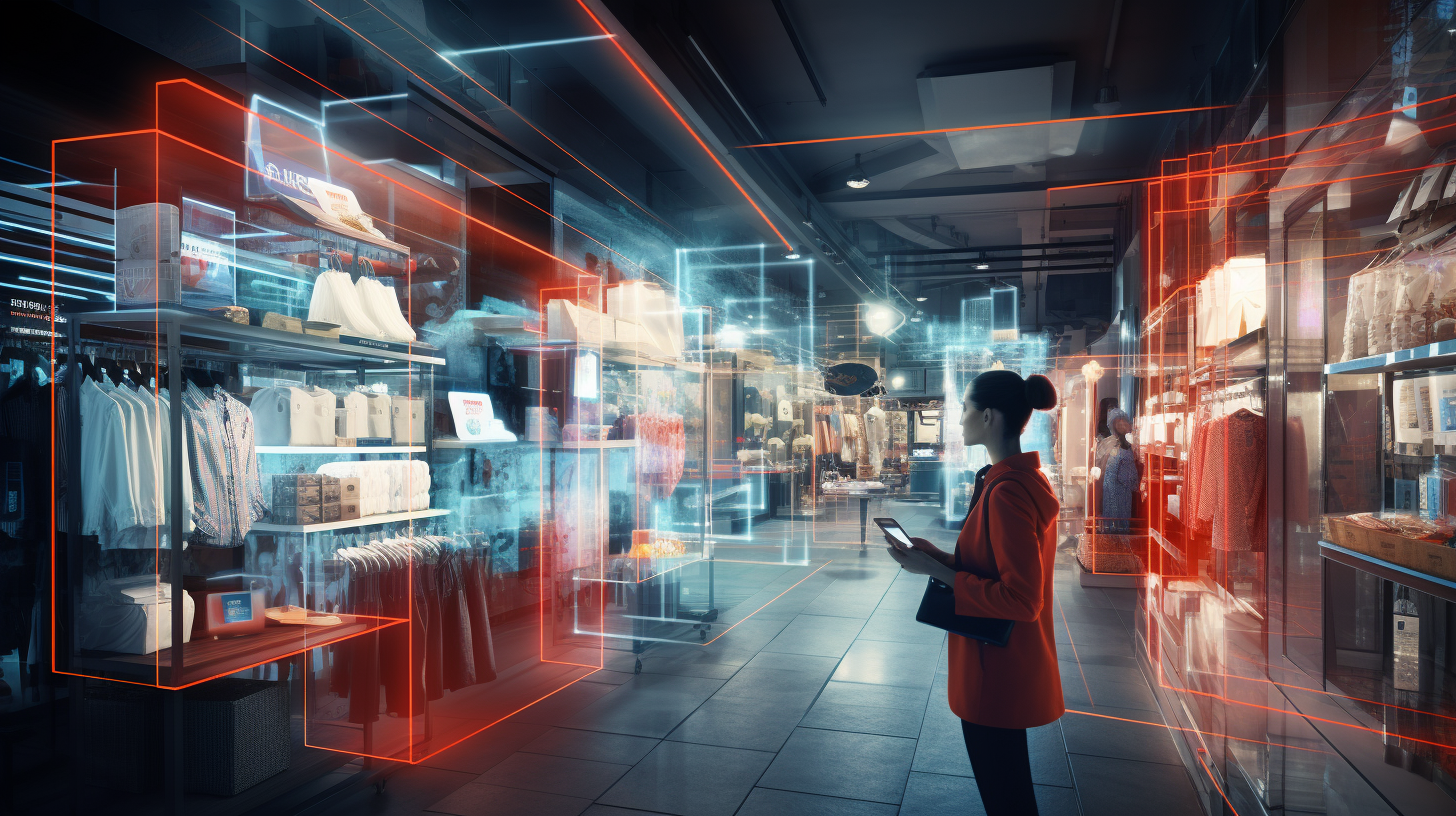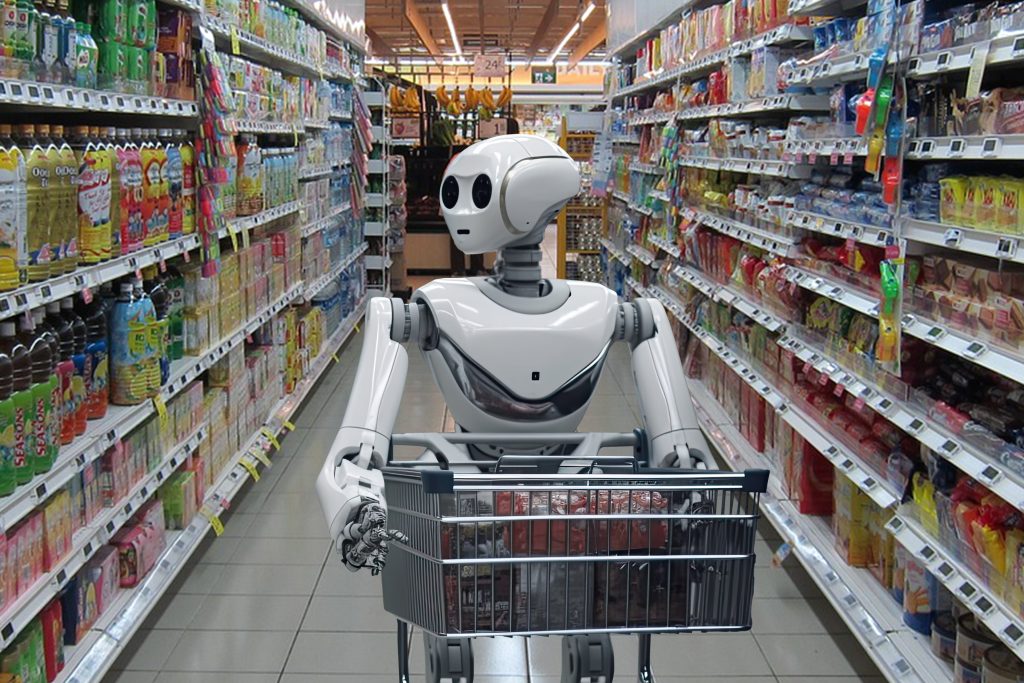Artificial Intelligence (AI) is rapidly reshaping the retail industry, offering new ways to enhance customer experiences, optimize operations, and drive sales. For retailers new to AI, understanding its potential and practical applications is essential to stay competitive in a fast-evolving market.
What is AI in Retail?
AI in retail refers to the use of machine learning, data analytics, natural language processing, and other intelligent technologies to automate processes, gain insights, and personalize customer interactions. From inventory management to customer service, AI is becoming a vital tool for retailers of all sizes.
How Can AI Be Used in Retail?
Personalized Shopping Experiences
AI helps retailers analyze customer data such as browsing history, purchase patterns, and preferences to deliver personalized recommendations and targeted marketing campaigns. This creates more relevant shopping journeys that increase engagement and conversions.
Inventory and Supply Chain Optimization
With AI-powered demand forecasting, retailers can better predict which products will be in high demand, reducing overstock and stockouts. Automated supply chain management ensures products move efficiently from suppliers to stores or warehouses.
Customer Service Automation
Chatbots and virtual assistants powered by AI handle routine customer queries 24/7, improving response times and freeing up staff to focus on more complex issues. AI can also assist sales associates with real-time product information.
Visual Search and Image Recognition
Shoppers can use images to find similar products online, making discovery easier. Retailers use AI to analyze product images for quality control, categorization, and fraud detection.
Pricing and Promotion Strategies
AI can dynamically adjust prices based on competitor pricing, demand, and other market factors. Retailers can also optimize promotional offers to maximize revenue while maintaining profitability.
Fraud Detection and Security
AI systems analyze transaction patterns to identify unusual activities and prevent fraud, safeguarding both retailers and customers.
Key Benefits of AI in Retail
- Improved customer satisfaction through personalized, seamless experiences
- Greater operational efficiency by automating routine tasks
- Enhanced decision-making using real-time data insights
- Increased sales and profitability through smarter marketing and inventory management
Challenges to Keep in Mind
- Data Privacy: Retailers must ensure customer data is handled securely and in compliance with regulations.
- Integration Complexity: Incorporating AI into existing systems can require significant investment and expertise.
- Bias and Accuracy: AI models depend on quality data; poor data can lead to biased or inaccurate results.
Conclusion
AI is no longer just a futuristic concept but a practical, powerful tool transforming retail. By embracing AI thoughtfully, retailers can create more personalized customer experiences, streamline operations, and stay ahead in a competitive market. Starting small and focusing on key use cases will pave the way for successful AI adoption in retail.







Leave feedback about this